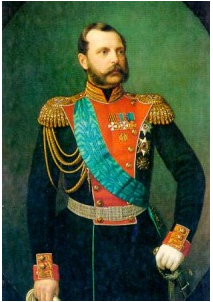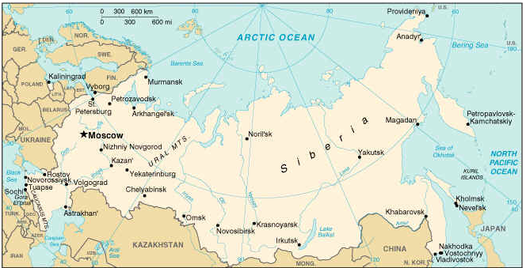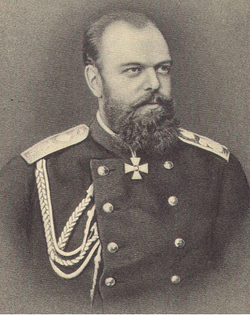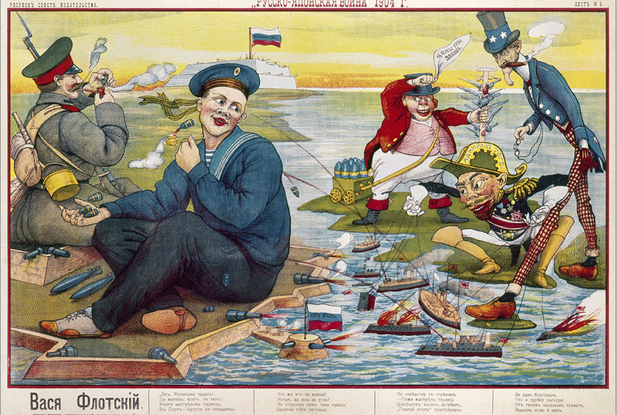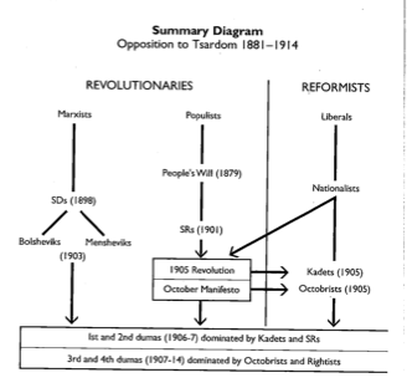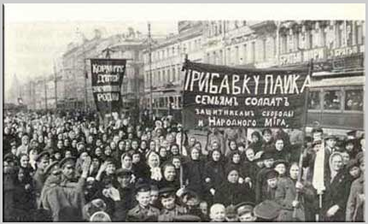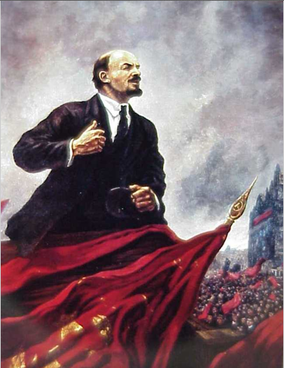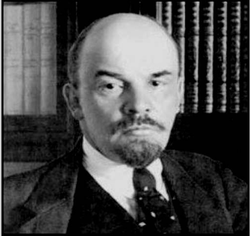Imperial Russia Revolutions and the Emergence of the Soviet State 1853 – 1924
Single Party States – Lenin and StalinPaper 3: Imperial Russia after 1855; Alexander II, Alexander III, Russia under Nicholas II, Russo-Japanese War, 1905 Russian Revolution, Russia during World war 1, Revolutions 1917, Lenin’s Russia
How does the Geography of Russia affect the History of Russia?
Alexander II of Russia
http://www.bbc.co.uk/programmes/p003k9b2
The link below has the podcast in so you can download if the link above is not working:
podcast
What problems faced Russia when Alexander II became Tsar of Russia in 1855? What was the impact of the Crimean War?
Russia in 1853
The results of the Crimean War – an article from History Today
Create a prezi using the website below. You will have to login but the Prezi should be free. Use the help tool if you have not used it before. Your Prezi should answer the question: What were the reforms of Alexander II and what were the effects of them?
Prezi
Alexander III 1881 – 1894
Sergei Witte
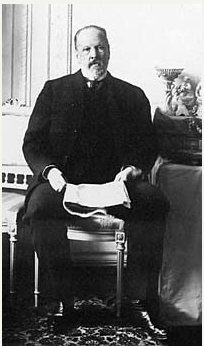
Sergei WitteThe extract below contains some information about Witte’s reforms:
The Reforms of Sergei Witte
The Russo-Japanese war 1904-5 and the 1905 Revolution:
The Russo -Japanese War 1904-5 is described in the document below:
Russo – Japanese War
The video below explains the causes, course and outcomes of the Russo – Japanese War:
1905 Russian Revolution
1905 Revolution – sequence of events
1905 Russian Revolution – Michael Lynch
Consequences of the 1905 Revolution
Stolypin and the DumasWho was Stolypin?
Stolypin Questions about StolypinWhat was the October Manifesto? October Manifesto Stolypin and the Dumas Dumas after 1906 – LynchHow successful were Stolypin’s political and economic policies in the years 1906 – 11? Lynch – Stolypin’s Land reforms Stolypin Land reform History Today – Stolypin’s assassination Who were the opponents of the Tsar and what did each group want? Copy the diagram of opposition to the Tsar opposite and for each group state what they wanted. Use the extract from Lynch to help you: Opposition to the Tsar – Lynch |
Marxism
The March 1917 Revolution – overthrow of the Tsar
*International Womens’ Day parade
*Putilov Steel works strike
*Loss of control by Duma
*Military refused to support orders from the Tsar
*Growing power of the Petrograd Soviet
*Abdication of the TsarRead the extract from Lynch below and make notes on the points above.
February 1917 Revolution
What was the significance of the Revolution?
The Dual Authority
The Dual Authority
The October Revolution
This is a great podcast about Lenin from the BBC programme ‘In our time’. It contains very good historiography.
http://www.bbc.co.uk/programmes/p00546pvWrite a biography of Lenin on one side of A4.What happened between March 1917 and October 1917 to strengthen the Bolsheviks?
How did the Bolsheviks seize power?
Was the October Revolution a ‘revolution’ or a coup d’etat’?
Here is the PDF of the book by Richard Pipes ‘The Three Whys of the Russian Revolution’. Please read it through and answer the question from the keynote (below) about Pipes.
The Three Whys of the Russian Revolution by Richard Pipes
Richard Pipes Key Note
Why were the Bolsheviks successful in October 1917?
Lynch – the Bolshevik Revolution
How did the Bolsheviks consolidate their power?
http://www.historylearningsite.co.uk/russian_civil_war1.htmMap showing the Russian Civil War – geography and chronology – from wikipeadia.
Bolshevik control, February 1918
Bolshevik control, Summer of 1918
Maximum advance of the anti-Bolshevik armies
European theatre of the Russian Civil War
11. The NEP
From the book ‘Reaction and Revolutions: Russian 1881 – 1924’ by Michael Lynch
